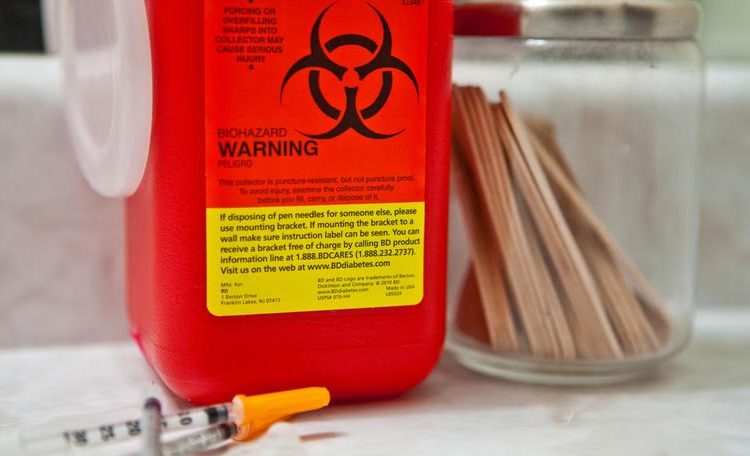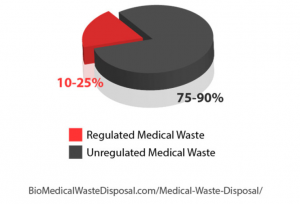Medical waste and its particular proper disposal remain an essential concern for America. Here are the leading reasons:
- The safety of healthcare affected individuals and personnel, and also the legal obligation within handling the waste materials
- Environmentalists are related to the impact connected with medical waste, whether it’s wasting on a beach within Jersey Shore or perhaps being illegally left in landfill sites
- Home producers connected with medical waste, including needles and syringes that are looking to dispose of the tools properly

What Is Medical Waste?
In line with the EPA (Environmental Protection Agency), the definition associated with medical waste is fairly broad “all waste materials generated at health care facilities, such as hospitals, clinics, physician’s workplaces, dental practices, blood vessels banks, and vet hospitals/clinics, as well as medical research facilities and laboratories.” It does not include any business that produces medical waste like syringes or needles off their employees or shoppers, or the home producer as an example.

How Much Medical Waste Is Produced?
Throughout 2012, the United States spent up to $2.5 billion for the proper disposal of medical waste. Moreover, with annual progress of 4.8%, by 2017 this annual market is likely to increase by $3.2 billion. For instance, look at these medical waste statistics:
- Just hospitals in the U.S. produce a lot more than 5.9 million tons of waste annually
- Hospitals create 33 lbs. of medical waste per day per staffed bed
- Florida alone has approximately 38,000 amenities that generate biomedical waste

In short, nearly all healthcare activities relevant to humans produce healthcare waste. So, are you able to imagine the potential issues of what would likely to happen if it was disposed of incorrectly?


